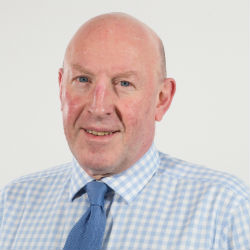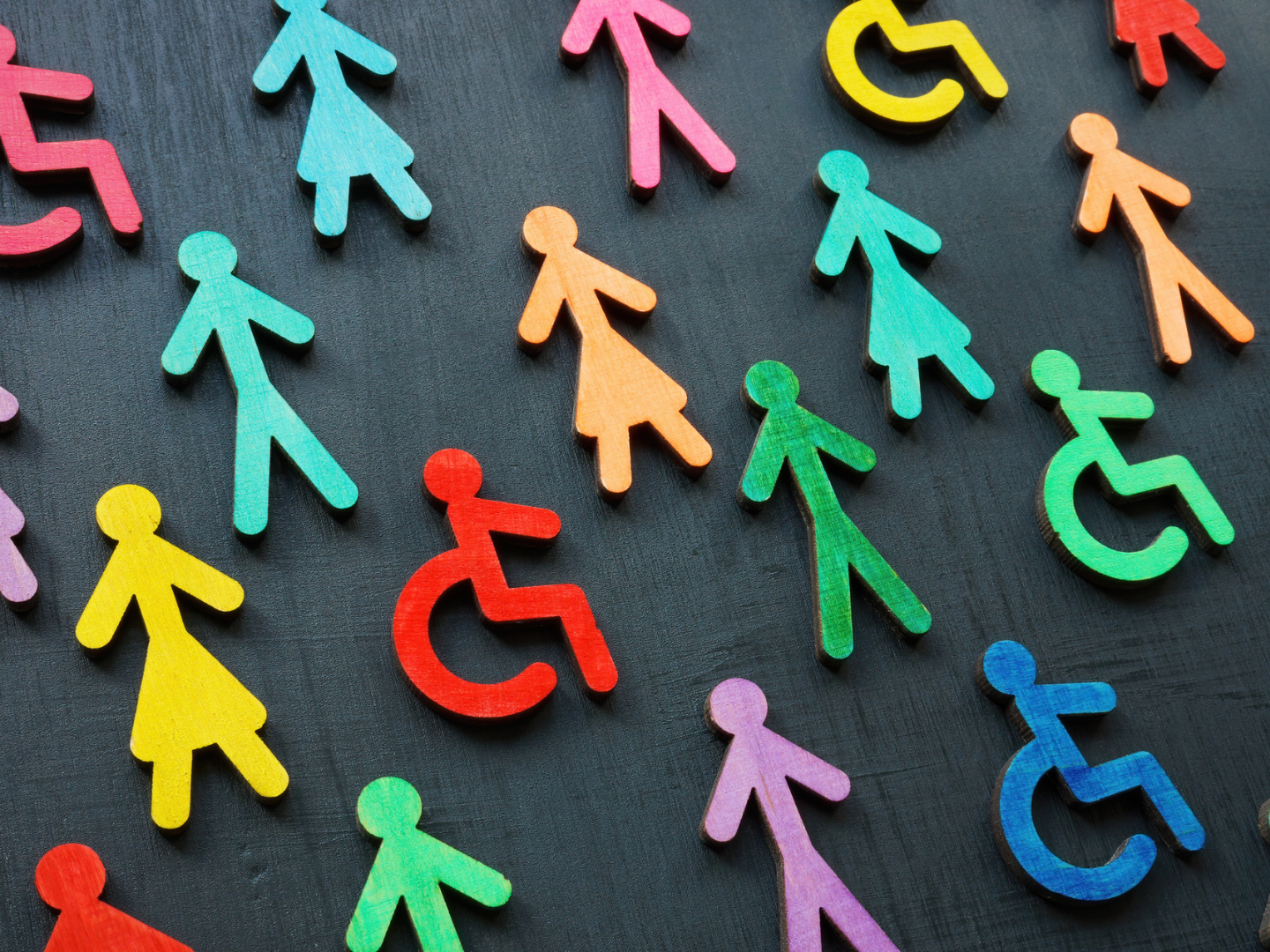TW: This blog contains reference to physical and sexual violence, which some readers may find distressing.
Recent appalling events in the USA have made many of us look outwards – to actions and policies to address systemic injustices – and at the same time turn inwards, to look deeper into who we are and what has shaped our beliefs. Greg Campbell reflects on his own journey to anti-racism.
I never knew my maternal grandparents. They died long before I was born.
I would have loved to have known them. From the stories my mother told me, they were fascinating people – intelligent, interesting, challenging, enlightened.
They were Jews, living in the city of what is now Chisinau, capital of Moldova. At the time, it was part of Romania. Romania joined the Axis as an ally of Nazi Germany in 1940. My grandparents had planned to escape, but they never got the chance.
During June 1941, an incident occurred in Chisinau, one of a great many such. Members of the Iron Guard, the Romanian fascist movement, were chasing a local Jewish girl, seeking to rape her. My grandfather sought to intervene and prevent this. They murdered him. His body was left lying in the street for three days as a ‘lesson’ to others. He was 56.
My grandmother disappeared and was also murdered at about the same time. Her body was never found. She was 51.
They were murdered for one reason only: because they were Jews.
For me personally, the knowledge of what had happened to them, as well as to many others of my family who were murdered in the Holocaust, was an influence that affected much of my upbringing, as I came to understand it. Even though it happened long before I was around.
I have always hated racism. Because of what it is; because of how it is used; because of what it does to people, victims and perpetrators.
The triggers for racism are different. It can be skin colour, it can be religion, it can be cultural values, it can be language, it can just be about being ‘different’. And right now, the sharpest focus is rightly on the treatment that black people have been suffering at the hands of those who are supposedly there to protect them.
Historical racism
 Racism has been around for centuries. It affects every race, every community. That doesn’t make it inevitable. That doesn’t mean we should not stand up and challenge it. Some say that everybody, however enlightened, has vestiges of prejudice, even racism, inside them. All the more reason to acknowledge and fight it within ourselves as well as in wider society.
Racism has been around for centuries. It affects every race, every community. That doesn’t make it inevitable. That doesn’t mean we should not stand up and challenge it. Some say that everybody, however enlightened, has vestiges of prejudice, even racism, inside them. All the more reason to acknowledge and fight it within ourselves as well as in wider society.
Unscrupulous and evil leaders have always used racism – the ‘threat’ or ‘fear’ of those who are different – as tools in their armoury. When times are tough, see who else can be blamed instead of letting people focus on their leaders’ failings. Sometimes, it has been used to inform a whole ideology.
For Hitler and the Nazis, it was about propagating the myth of Aryan supremacy, and getting rid of Jews, Roma people, black people, and other so-called ‘deviants’ such as lesbian and gay people, and people with disabilities. But we have seen it in recent times too, with the Rwandan genocide, Bosnia and Kosovo, Darfur in West Sudan, and more.
Institutional racism
It isn’t just about major conflicts, of course. Racism underlies the systematic discrimination against whole races and within that, the mistreatment of individuals. At an extreme, we have seen South African apartheid. But it applies too in the USA, a country much of which only legally desegregated education and housing in the 1960s. And indeed, changing the law is one thing, but addressing the legacy of slavery, changing people’s attitudes, and tackling institutional racism, is another.
In the UK, many have traditionally regarded us as tolerant and multicultural. After all, over centuries we have received, and generally welcomed – or at least tolerated after an initial period – people from other countries, other races, going back to the Romans, the Angles, the Saxons and the Jutes. Except of course that ‘tolerated’ is not the same as fully accepted as equals, and we have seen results of that in policing and criminal justice, education, employment, health outcomes and other areas where institutional discrimination still persists – certainly to judge by results.
Moreover, the country has never properly faced up to its colonial past, and the mess it left in different parts of the world. While most recently, the way that some have been able to use the Brexit debate to stir up feelings of racism has been stark. Those blamed for society’s ills in recent times have variously included EU nationals, Muslims, Jews and indeed black people. And racist attacks have spiked in recent years.
No wonder a recent YouGov poll found that 52% of Britons believe that British society is very or fairly racist.
With the appalling murders of George Floyd, Breonna Taylor, Ahmaud Arbery and so many others, we as societies and individuals must stand up and declare that racism, while widespread, is unacceptable. At the same time, we can welcome and celebrate our mix of people from diverse ethnicities and communities, as we learn from and develop with people from different backgrounds to our own.
To discuss this article further, please contact Greg Campbell on: greg.campbell@campbelltickell.com
| Campbell Tickell is an established multi-disciplinary management and recruitment consultancy, operating across the UK and Ireland, focusing on the housing, social care, local government, sport, leisure, charity and voluntary sectors.
We are a values-based business and firmly place the positioning of our support and challenge on helping organisations to attain change that is well thought through, planned and sustainable. At CT, we want to help organisations create the landscape within which we ourselves would like to exist: fair, inclusive, diverse, engaged and transparent. We build from our values in how we approach all our work as a practice. |



